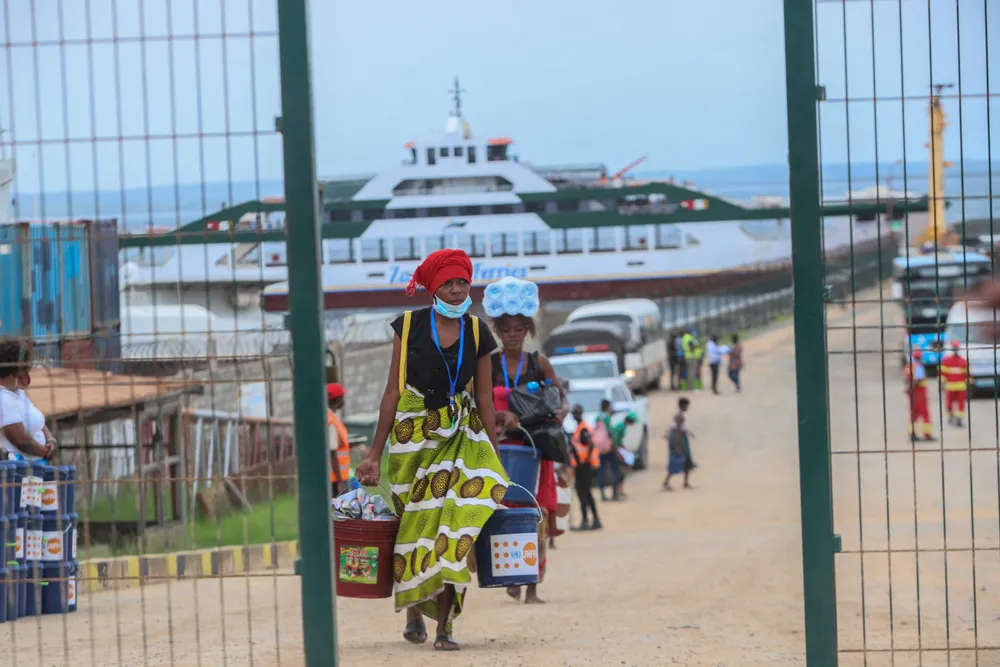Death and destruction expose Mozambique's weakness as thousands evacuated
Attack on Palma by Islamist insurgents exposes weakness of security around LNG construction site and jeopardises future investments

Attack on Palma by Islamist insurgents exposes weakness of security around LNG construction site and jeopardises future investments
